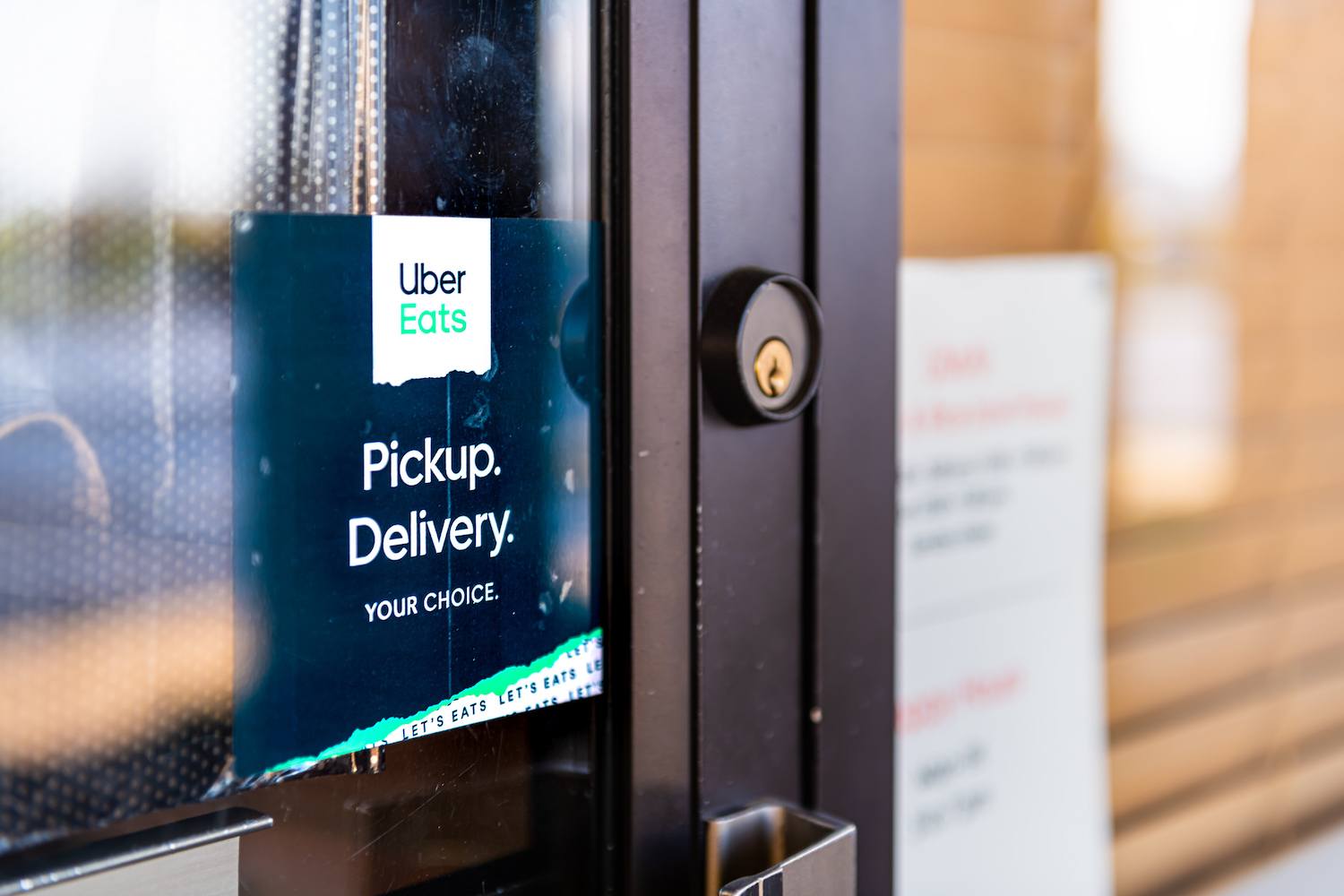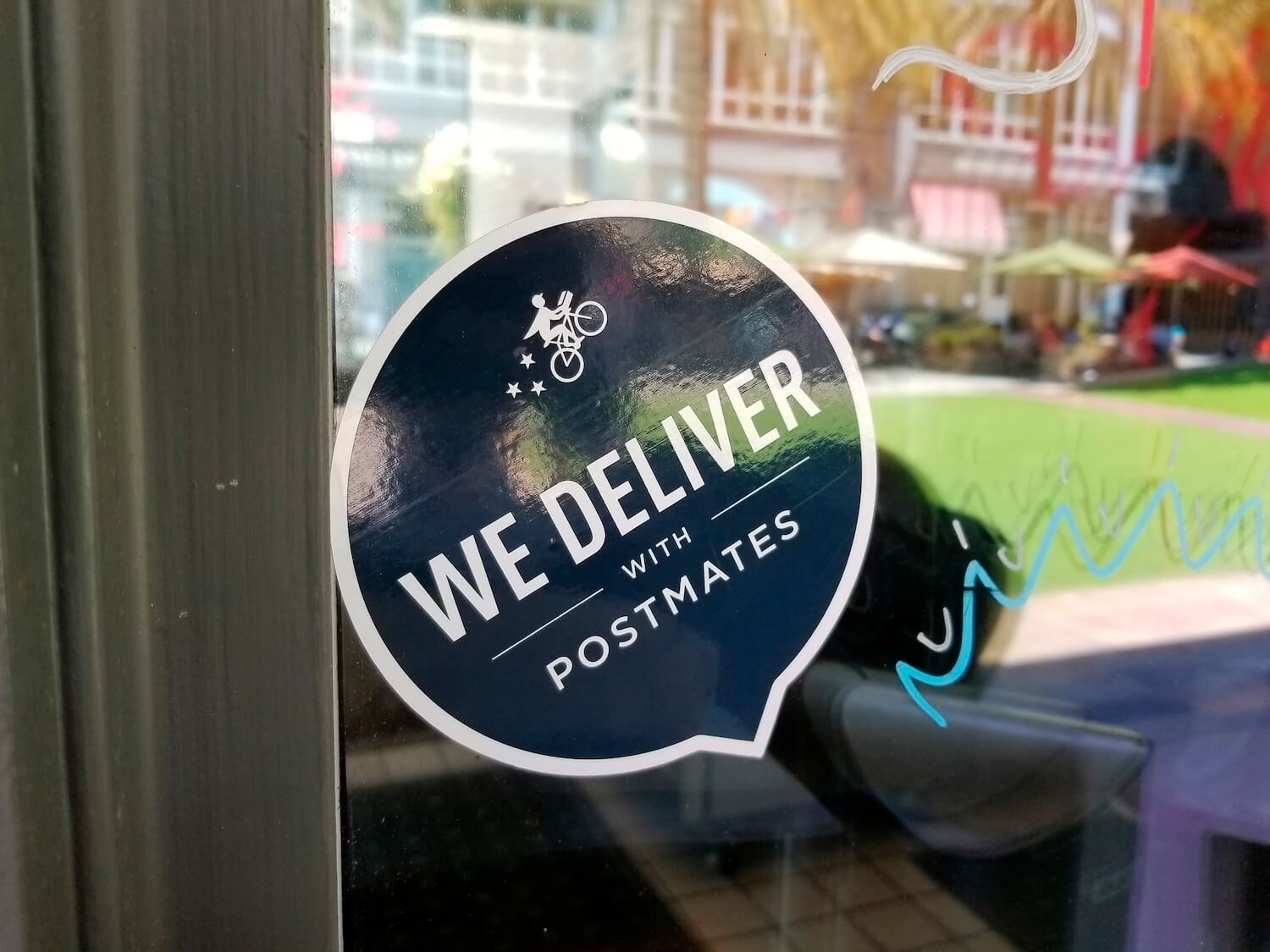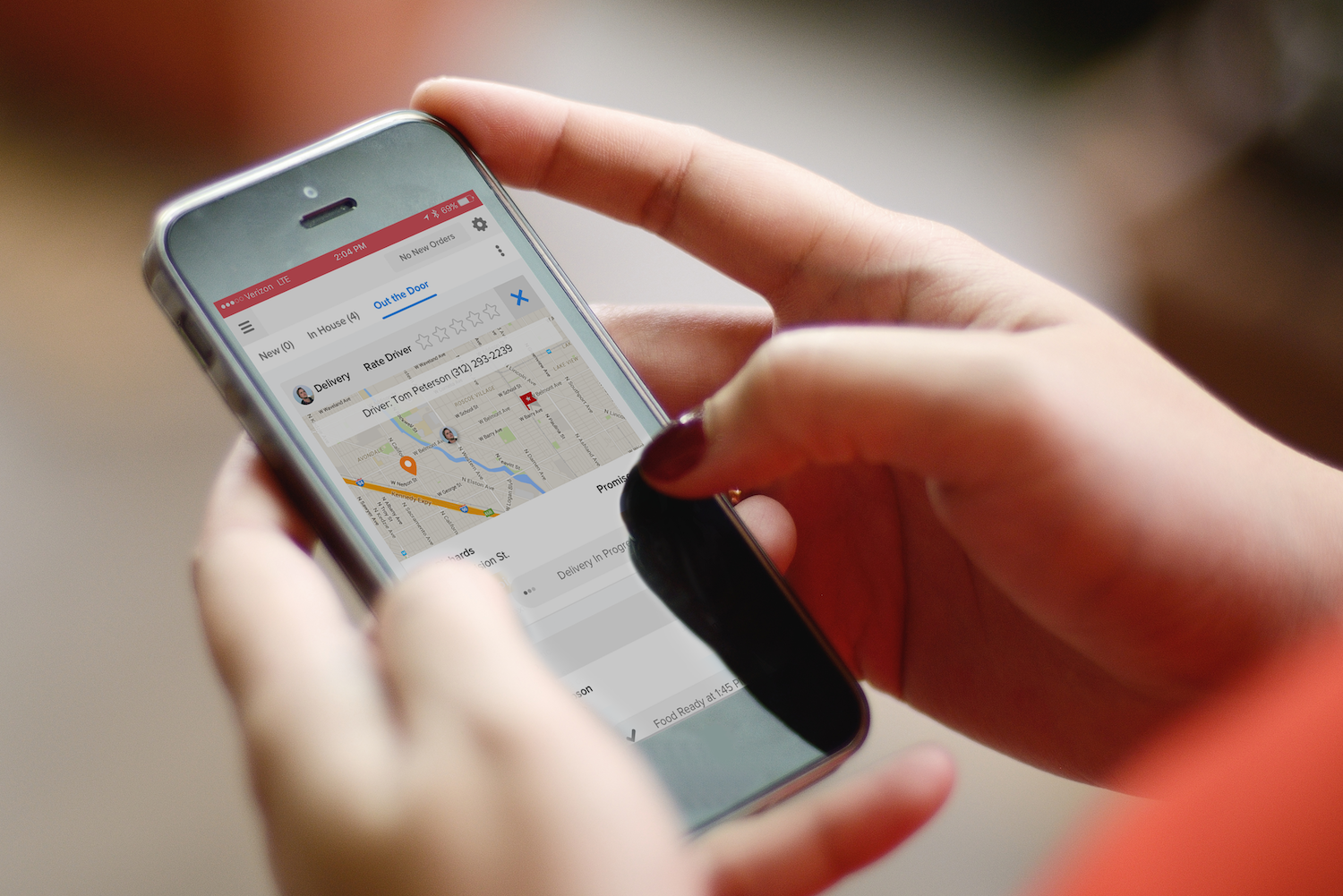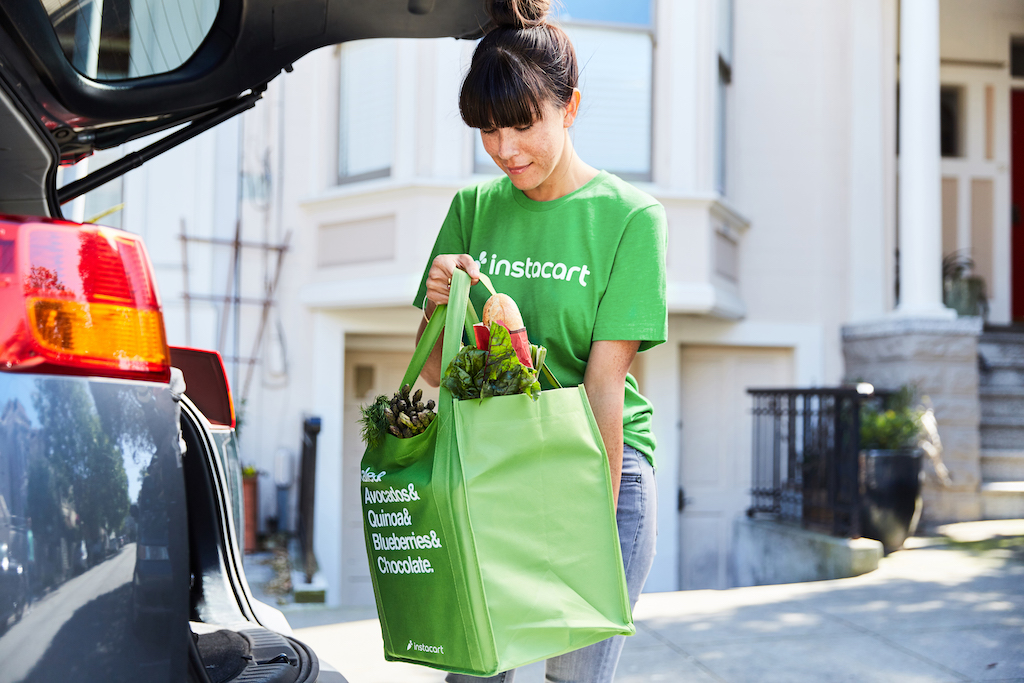
iStock / ablokhin
The $2.65 billion deal follows a Dutch company’s acquisition of Grubhub last month.
Ride-hailing giant Uber announced on Monday that it would purchase food delivery platform Postmates for $2.65 billion. The acquisition represents a major course reversal for Postmates, which confidentially filed for an Initial Public Offering last February, though it never followed through. Postmates will continue to operate under its own name.
The announcement marks the latest in a series of acquisitions that have heralded dramatic consolidation in the food delivery business over a relatively short period of time. In August 2019, DoorDash acquired competitor Caviar for $410 million. Then, in June, as Uber was reportedly eyeing Grubhub, Dutch company Just Eat Takeaway.com acquired it for $7.3 billion.
Now, the New York Times reports, just three companies will control the lion’s share of food deliveries in the United States: DoorDash leads the pack with 45 percent, Postmates and Uber Eats handle a combined 37 percent, and Grubhub, which already owns Seamless, will handle 17 percent. Grubhub’s parent company, itself the product of a merger between European firms Just Eat and Takeaway, will be the world’s largest food delivery company outside of China, according to Reuters.
Uber lost $2.9 billion in the first quarter of 2020, but the company is betting that forcing consolidation among its competitors will help the remaining players inch toward profitability.
A bump in food delivery transactions has buffered some of Uber’s revenue losses as ridership plummets due to ongoing outbreaks of Covid-19. According to The Washington Post, rides for humans have tumbled 60 percent since last year, while food deliveries have surged by 100 percent.
The acquisition comes as Uber, Lyft, Postmates, and DoorDash continue to fight state-level efforts to recognize their workforces as employees rather than independent contractors. Such a shift would require the platforms to guarantee minimum wages, contribute to Medicare and Social Security, and fund drivers’ health insurance. In California, where the government passed legislation to reclassify gig workers last fall, the platforms have staged an open revolt, refusing to comply and pledging $110 million to overturn the law. The skirmish intensified in recent weeks when California’s Attorney General Xavier Becerra asked a state judge to force the companies into compliance. The companies, for their part, have succeeded in getting a measure onto the state ballot for November’s election which would overturn the gig worker classification law, known as Assembly Bill 5, if passed. That initiative, known as Proposition 22, would permanently designate app-based drivers as independent contractors.
As Bloomberg noted last week, the fast-growing food delivery industry remains unprofitable. Uber lost $2.9 billion in the first quarter of 2020, but the company is betting that forcing consolidation among its competitors will help the remaining players inch toward profitability. It’s not clear how that might affect drivers and eaters: If Uber and DoorDash want to start making money, they’ll have to charge more for their services or pay contractors less for their labor (or both). At a certain point, it’s easier—and cheaper, and better for restaurant owners—to pick up the phone and call the restaurant directly.





